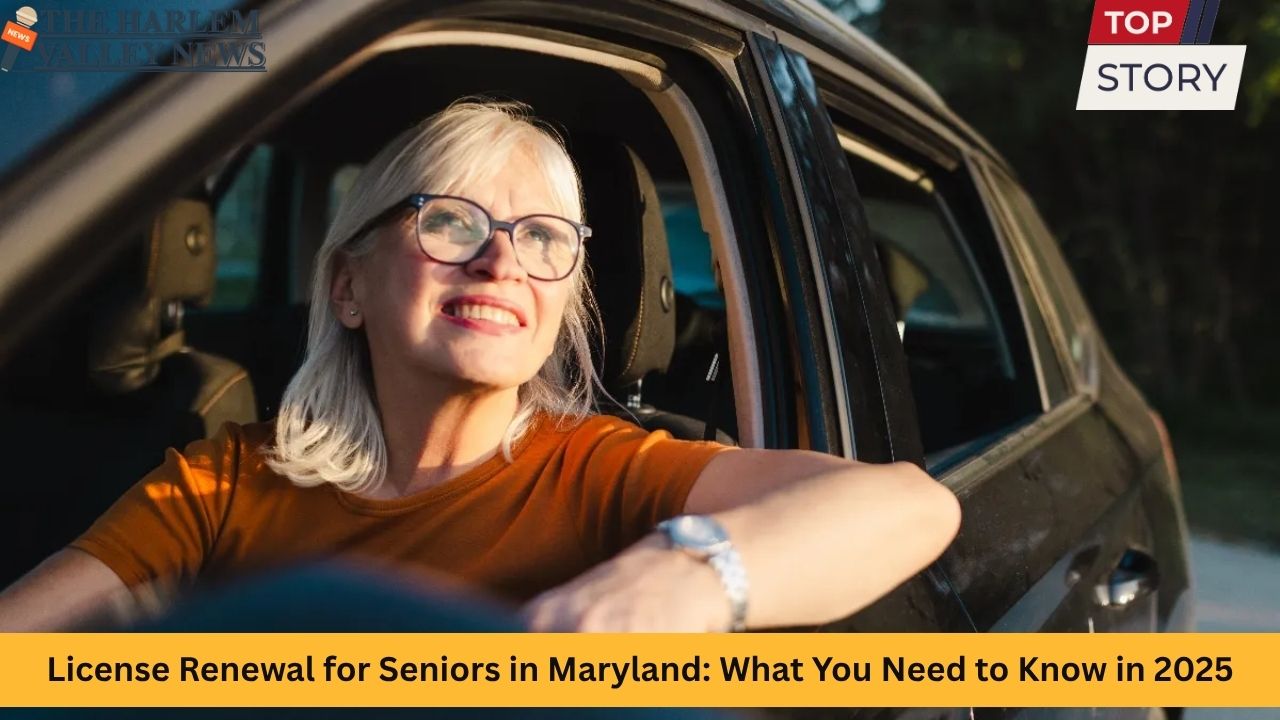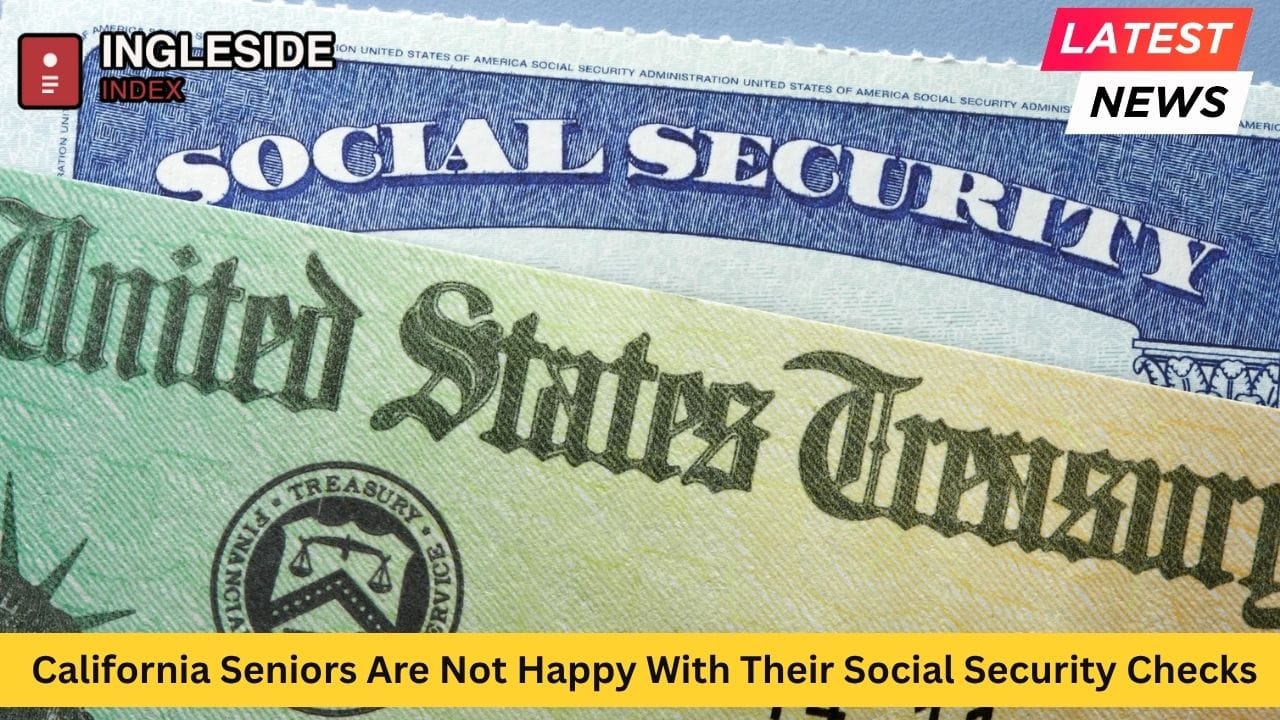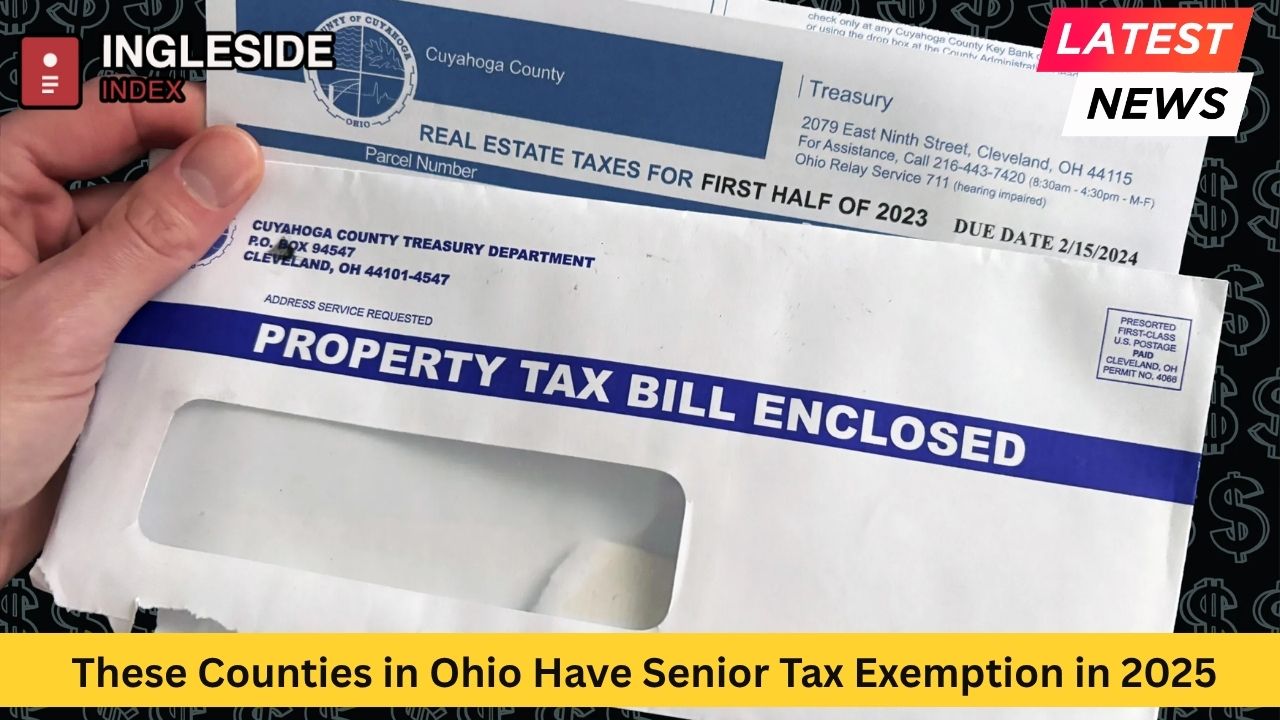For seniors across Maryland, a driver’s license is more than a document—it is key to independence, social connection, and everyday convenience. As 2025 brings in some adjustments to the license renewal process, especially for drivers aged forty and above, it’s important for aging residents of Baltimore, Annapolis, Frederick, Hagerstown, Silver Spring, and cities throughout the state to understand what’s required, what’s changed, and how to ensure a smooth renewal experience.
Understanding the Basics: Who Needs to Renew and When
Maryland’s Motor Vehicle Administration (MVA) sets renewal cycles and requirements that differ based on age and health status. Typically, all drivers must renew every eight years, but for those forty and older, certain specific requirements kick in. Seniors are not required to retest driving skills purely due to age, but there is increased emphasis on vision health and safe operation.
Vision Testing: The Key Requirement for Seniors
One of the most critical renewal steps for Maryland seniors is the vision test. Drivers aged forty and above must provide updated vision results for every renewal. The MVA prioritizes safety and mandates that these results come from an approved vision specialist, optometrist, or an MVA-certified provider. The test must be completed within a defined period before renewal—usually within twenty-four months of your application.
In large and small communities, from Columbia to Gaithersburg to Eastern Shore towns such as Cambridge and Chestertown, local optometrists often participate in Maryland’s Online Vision Certification program. This electronic process enables results to be sent straight to the DMV, accelerating your renewal and reducing paperwork.
Medical and Cognitive Considerations
Maryland does not automatically require medical or cognitive testing for seniors at license renewal. However, if there is a medical condition noted that may impair driving—be it flagged by a health professional or law enforcement—additional documentation or a physician’s statement may be required. Referrals for a driving skills or knowledge test happen if impairment is suspected, but these cases are rare and handled on a case-by-case basis.
Renewal Options: Online, By Mail, or In Person
Seniors have multiple ways to renew a Maryland driver’s license:
-
Online Renewal: Many senior drivers, especially those under seventy, can renew online if their vision test is current and on file. This is particularly useful for those in remote locations like Ocean City or Deep Creek Lake.
-
Mail-In Renewal: Seniors who receive a “renew by mail” notice from the MVA can opt for this route as long as there are no changes to their name or address.
-
In-Person Renewal: Seniors who prefer or require in-person service due to medical conditions, changes in personal information, or if indicated by the MVA, can visit local branch offices scattered throughout the state, including major centers in Rockville and Salisbury.
Documentation Checklist for Senior Renewals
Seniors should prepare the following documents to avoid delays:
-
Proof of age and identity, such as a birth certificate or passport.
-
Proof of lawful status in the United States.
-
Two documents that establish Maryland residency (utility bills, bank statements, or lease/mortgage agreements).
-
Your Social Security number, or proof of ineligibility.
-
Vision test results from an approved provider.
Consulting the Maryland MVA website before your trip ensures you meet current documentation standards.
Real ID Requirements
Starting in 2025, Maryland continues to enforce Real ID compliance. Seniors renewing their licenses are encouraged to upgrade to a Real ID if they have not done so already. Real ID cards are not only valid for driving but also for federal identification, such as boarding domestic flights or entering military bases. Many Marylanders in Bowie and Westminster opted for early Real ID upgrades, while others can handle it at their next renewal.
The process requires proof of identity, legal presence, Social Security, and two proofs of Maryland residence. Double-check your documentation before scheduling an MVA appointment.
Fee Structure
Maryland’s fee system is straightforward. The renewal fee is based on the number of years the license will be valid, often up to eight years. For seniors, the fee is typically the same as the general population, though there are fee waivers on certain identification cards for those aged sixty-five or older or individuals with qualifying disabilities.
What If You Fail the Vision Test?
Should a senior fail the vision test, corrective measures are necessary before a license is renewed. This might mean obtaining new glasses or contact lenses, or visiting a specialist. A second vision screening or a medical waiver could be part of the process. The vast majority of Maryland seniors successfully renew after vision correction, but if a physician deems driving unsafe, the MVA may deny renewal for safety reasons.
License Restrictions for Seniors
In some cases, the MVA might impose restrictions based on an individual’s health or vision. Common restrictions include a requirement to wear corrective lenses, limiting driving to daylight hours, or requiring additional mirrors. Baltimore, with its busy urban streets, and more rural areas like Garrett County, have different challenges; restrictions consider both local road environments and individual capability.
Driving Safety Programs for Seniors
Maryland cities such as Bethesda and Laurel often partner with organizations to offer senior driving safety courses. These programs help renew skills, boost confidence, and raise awareness of health factors that might affect driving. Completing such courses may:
-
Help refresh knowledge of current traffic laws.
-
Improve practical driving skills.
-
Assist with insurance premium reductions, depending on the provider.
Addressing Medical or Cognitive Concerns
Families sometimes worry about an elder’s continued fitness to drive, and Maryland law encourages proactive communication. If you are concerned about a relative’s driving, you may contact the Driver Wellness and Safety Division of the MVA. They assess each situation respectfully and confidentially, balancing safety with independence.
Late Renewal and Lapsed Licenses
If a Maryland license lapses or expires, seniors are urged to act promptly. There is a grace period during which you may renew without penalty, but extended lapse could mean re-taking a written or road test, especially if renewal is delayed over a year. Visit a local MVA—like those in Towson or Waldorf—to address lapses and bring required documentation to ensure a smooth process.
Disabled Parking Permits
Maryland offers special placards or plates for seniors with mobility challenges. Application requires medical certification but grants access to convenient parking statewide. Seniors in dense areas like Silver Spring and downtown Baltimore find these accommodations especially valuable.
Myths and Rumors About Senior License Renewal
The internet frequently spreads myths about automatic road testing or cognitive exams for seniors. Maryland has not instituted blanket requirements for such tests, instead maintaining a measured focus on vision and wellness. Any additional tests are triggered by individual concerns, not by turning a specific age.
Local Variations: City Highlights
-
Baltimore: Urban seniors benefit from online and in-person renewal options, with several MVA locations making service accessible.
-
Frederick and Hagerstown: Regional branches handle a high volume of senior renewals, offering both scheduled appointments and walk-in service.
-
Eastern Shore: Rural residents can utilize online renewal where possible, reducing travel to larger MVA centers.
Tips for a Smooth Renewal Experience
-
Schedule vision exams well in advance to avoid delays.
-
Compile and scan documentation for online upload.
-
Check your eligibility for Real ID and gather required documents early.
-
For in-person renewals, book MVA appointments to minimize wait times.
-
Address medical or vision issues promptly—do not wait for license expiration.
The Importance of Senior Mobility
Renewing a driver’s license is about more than law—it’s about sustaining engagement and independence. From neighborhoods in Montgomery County to small towns on the Chesapeake Bay, senior Marylanders cherish their ability to drive. State policies aim to safeguard both public safety and senior mobility, encouraging communication, accessibility, and respect.
Looking Ahead: Changes in 2025 and Beyond
While Maryland’s focus remains primarily on vision health, ongoing reviews of driver wellness may adjust requirements in the coming years. Drivers are encouraged to stay in touch with MVA updates, watch for policy changes, and seek assistance if needed. Whether living in a bustling city or a quiet rural town, Maryland seniors can look forward to a renewal process that is practical, respectful, and secure.
By planning ahead, understanding the requirements, and taking a proactive approach, seniors anywhere from Baltimore to Ocean City can ensure their continued ability to drive, maintain personal freedom, and remain an active part of Maryland’s rich community life in 2025 and beyond.













Leave a Reply